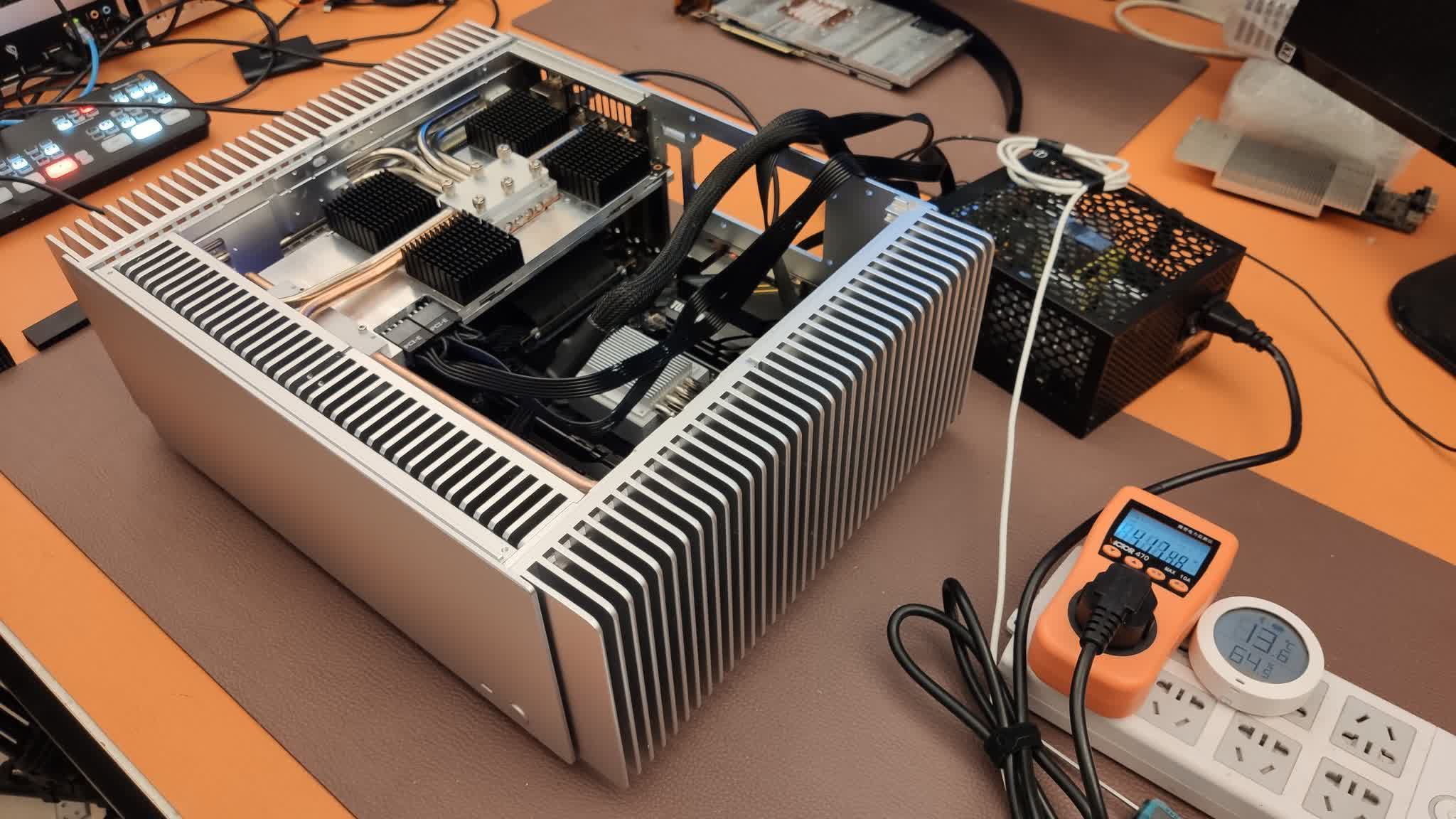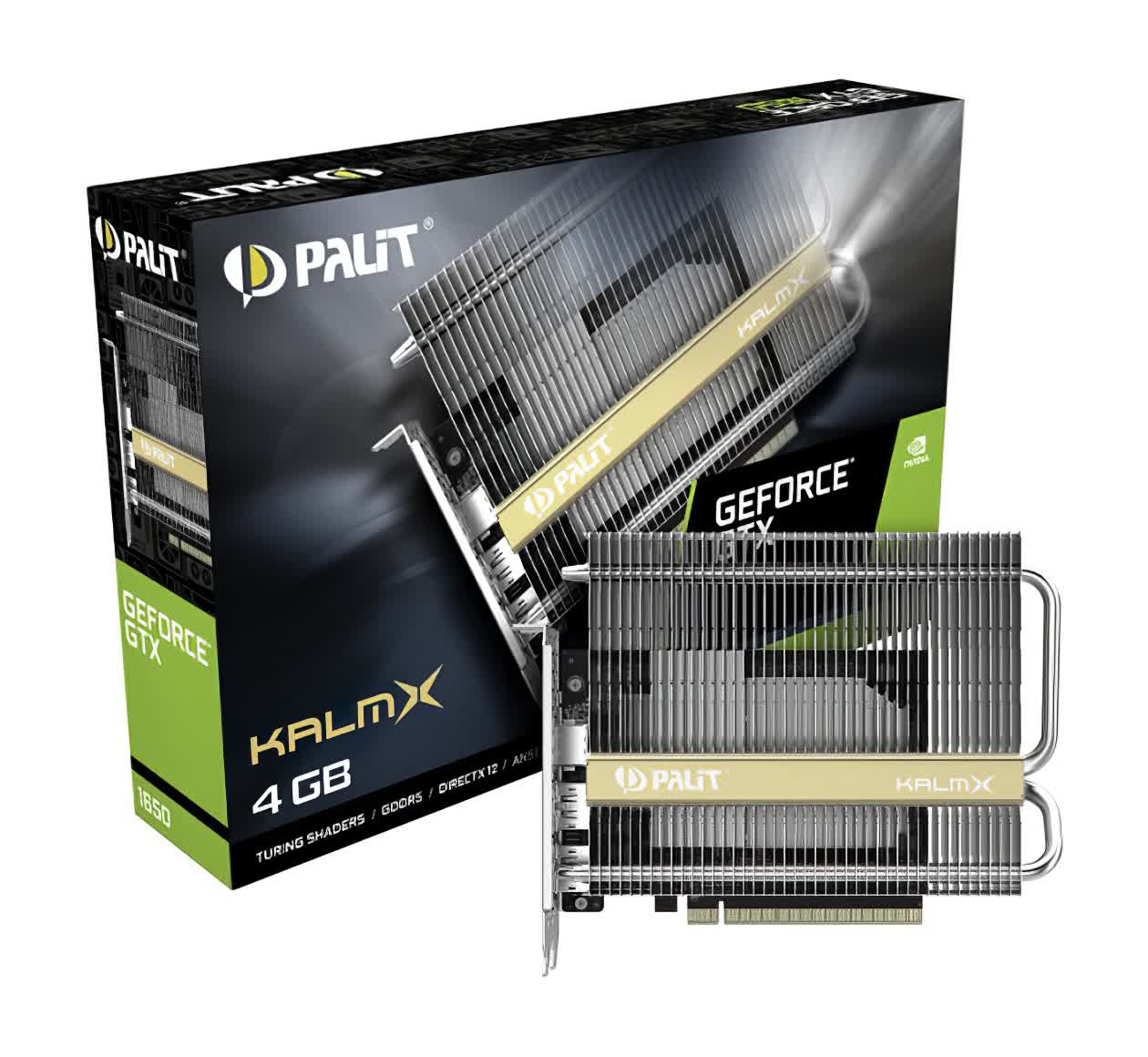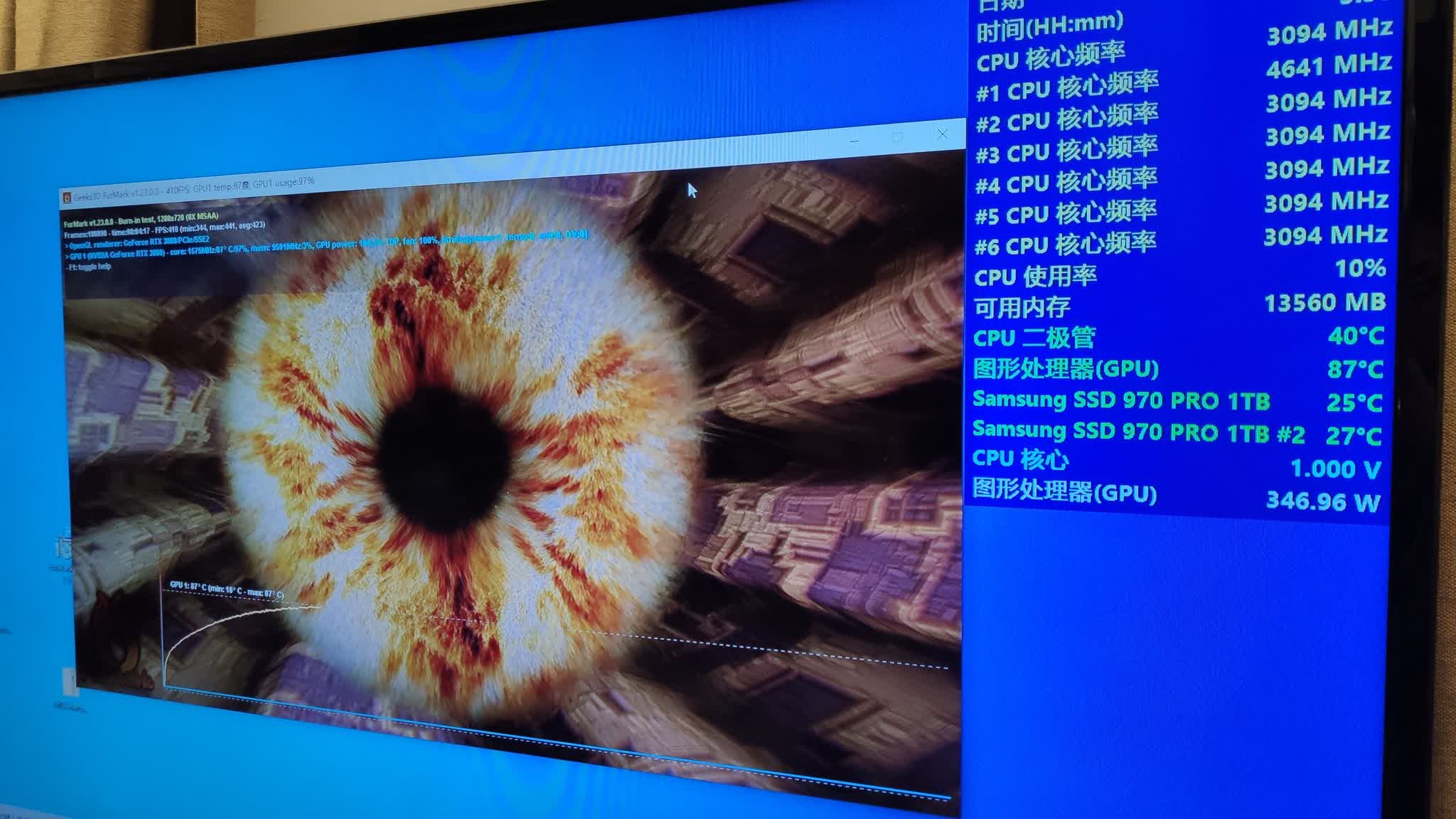In brief: Over the years there have been endless attempts at creating 100% passively-cooled PCs, but most of those builds used lower end components. It turns out that you can have a silent system equipped with an Nvidia RTX 3080, but it's neither cheap nor extremely practical for most people.

For fans of silent PCs, passively cooling the CPU has traditionally been easier to achieve than with graphics cards, mostly because of the difference in power draw from the two components. There are companies that dedicate to offer custom-built PCs for those who want that fanless experience, and enthusiasts love to put things to the test and see how far one can push these systems.
A recent most notable experiment for a passively cooled CPU was that of YouTuber der8auer, who managed to get an Intel Core i9-9900K running Far Cry 5 at 1080p without melting down. Otherwise, manufacturers like Noctua have been working on passive CPU coolers for years, and soon you'll be able to use its massive 3.3-pound heatsink to cool some of the higher end CPUs from Intel and AMD.

The passively-cooled Palit GTX 1650 KalmX
Passively-cooled graphics cards have also been around for quite sometime thanks to the likes of Zotac, Powercolor, Palit, XFX, and Gainward. However, as power consumption for mid-range and high-end graphics cards has been on an upward trend, these days you're unlikely to see anything other than an Nvidia GTX 1050 Ti, GTX 1650, the resurrected GTX 710, or the oddball, undervolted and underclocked RTX card with a huge aftermarket heatsink on it.
Still, if money is no object, there are especially-constructed PC cases that can passively cool high-end gaming hardware.
As spotted by FanlessTech, there's such a setup dubbed "Turemetal UP10" that can cool an Nvidia RTX 3080 along with an AMD Ryzen 5 5600X CPU, but there are, of course, some caveats to such a solution.

The first is that running a game with the RTX 3080 on stock settings will definitely overwhelm the cooling system, which is comprised of several heatpipes and a number of large heatsinks. Reducing clocks and the card's power limit are a must, as the manufacturer of the Turemetal UP10 found that just stressing the RTX 3080 in Furmark would result in temperatures close to 90 degrees Celsius in a relatively cool room with an ambient temperature of just 13.6 degrees.
The second problem is the price, which starts at $770 for the case alone. Factor in the difficulty and cost of getting your hands on an RTX 3080 and this becomes a truly exotic solution.
The AMD Ryzen 5 5600X along with a fanless PSU should prove easier to find, but ultimately it's all down to how far you're willing to go to have a completely silent PC. For some, the DIY journey required to achieve it is just as rewarding as the end result.
https://www.techspot.com/news/88661-you-can-have-passively-cooled-geforce-rtx-3080.html